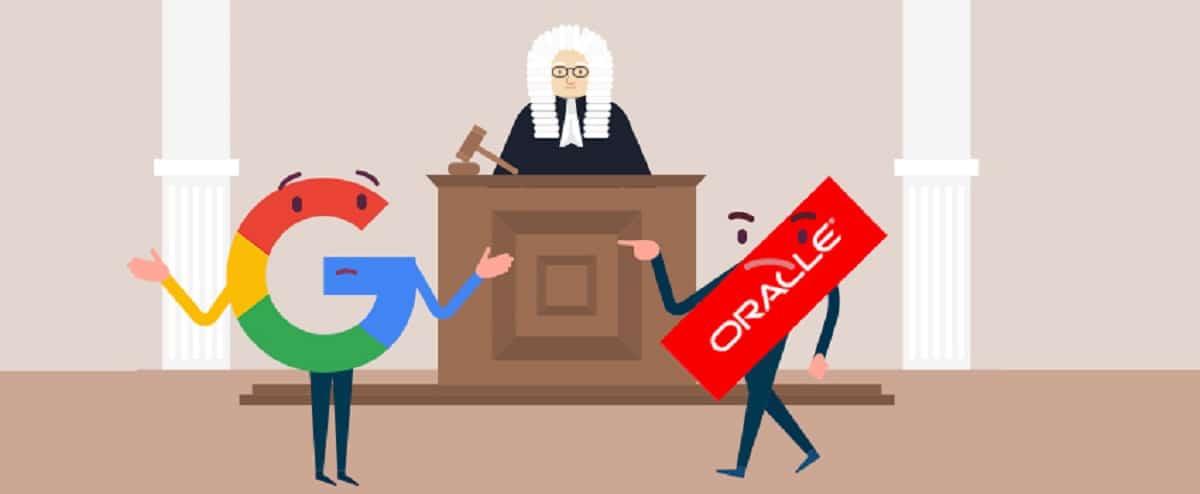
After many years of a lawsuit made by Oracle against Google in relation to the copyright on the java API that is used in Android, the final result has finally been released which has set the precedents for this type of situation.
And it is that as a reminder, In 2012, a judge with programming experience agreed with Google's position and he admitted that the name tree that makes up the API is part of the command structure - the character set associated with a particular function. Such a set of commands is treated by copyright law as not subject to copyright, since duplication of the command structure is a condition for compatibility and portability.
Therefore, the identity of the lines with method header descriptions and declarations does not matter: to implement similar functionality, the names of the functions that make up the API must match, even if the functionality itself is implemented differently. Since there is only one way to express an idea or function, everyone is free to use identical statements and no one can monopolize such expressions.
Oracle filed an appeal and got the US Federal Court of Appeals to annul the appellate court ruled that the Java API is Oracle's intellectual property. Since then, Google has changed tack and it has tried to prove that the implementation of the Java API on the Android platform is fair use and this attempt was crowned with success.
Google's position was that building portable software did not require an API license and repeating an API to create interoperable functional counterparts was "fair use." According to Google, the classification of APIs as intellectual property will negatively affect the industryas it undermines the development of innovations, and the creation of compatible functional analogs of software platforms can become the subject of legal claims.
Oracle filed a second appeal and again the case was reexamined in its favor. The court ruled that the 'fair use' principle does not apply to Android, as this platform is developed by Google for selfish purposes, implemented not through the direct sale of a software product, but through control over the related services and advertising.
At the same time, Google retains control over users through a proprietary API to interact with its services, the use of which is prohibited to create functional analogues, that is, the use of the Java API is not limited to non-commercial use. . In response, Google filed a petition in higher court and the US Supreme Court re-examined the IPR issue and ruled in Google's favor.
Now The US Supreme Court ruled on the Oracle vs. Google case ongoing since 2010 on using the Java API on the Android platform. A higher court sided with Google and ruled that the Java API was fair use.
The court agreed that Google's goal was to create a different system focused on solving problems for a different computing environment and the development of the Android platform helped realize and popularize this goal. History shows that there are several ways in which the reimplementation of an interface can promote the development of computer programs. Google's intention has been to achieve this kind of creative progress, which is the main focus of copyright law.
Google borrowed approximately 11.500 lines of API structure descriptions, which is only 0,4% of the 2.86 million line API implementation. Taking into account the size and importance of the used part of the code, the court considered 11.500 lines as a small part of a much larger whole.
As part of the programming interface, the copied strings are inextricably linked by other (non-Oracle) code used by programmers. Google copied the code snippet in question not for its perfection or functional benefits, but because it allowed programmers to use existing skills in a new computing environment for phones.